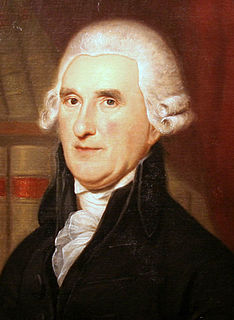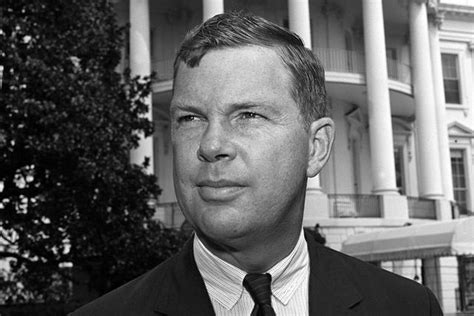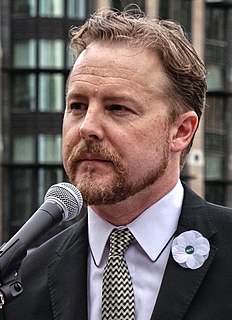A Quote by Alexander Hamilton
The Liberty of the press consists in the right to publish with impunity truth with good motives for justifiable ends, though reflecting on government, magistracy, or individuals.
Quote Topics
Related Quotes
The true liberty of the press is amply secured by permitting every man to publish his opinion; but it is due to the peace and dignity of society, to inquire into the motives of such publications, and to distinguish between those which are meant for use and reformation, and with an eye solely to the public good, and those which are intended merely to delude and defame. To the latter description, it is impossible that any good government should afford protection and impunity.
The liberty of the press is indeed essential to the nature of a free state: but this consists in laying no previous restraints upon publications, and not in freedom from censure for criminal matter when published. Every freeman has an undoubted right to lay what sentiments he pleases before the public: to forbid this, is to destroy the freedom of the press: but if he publishes what is improper, mischievous, or illegal, he must take the consequence of his own temerity.
[A]ll power is originally vested in, and consequently derived from, the people. That government is instituted and ought to be exercised for the benefit of the people; which consists in the enjoyment of life and liberty and the right of acquiring property, and generally of pursuing and obtaining happiness and safety. That the people have an indubitable, unalienable, and indefeasible right to reform or change their government whenever it be found adverse or inadequate to the purpose of its institution.
The Government's power to censor the press was abolished so that the press would remain forever free to censure the Government. The press was protected so that it could bare the secrets of government and inform the people. Only a free and unrestrained press can effectively expose deception in government.
Surely, if it is the right of the people to "alter or abolish," it is their right to criticize, even severely, policies they believe destructive of the ends for which government has been established. This principle, in the Declaration of Independence, suggests that true patriotism lies in supporting the values the country is supposed to cherish: equality, life, liberty, the pursuit of happiness. When our government compromises, undermines, or attacks those values, it is being unpatriotic.































